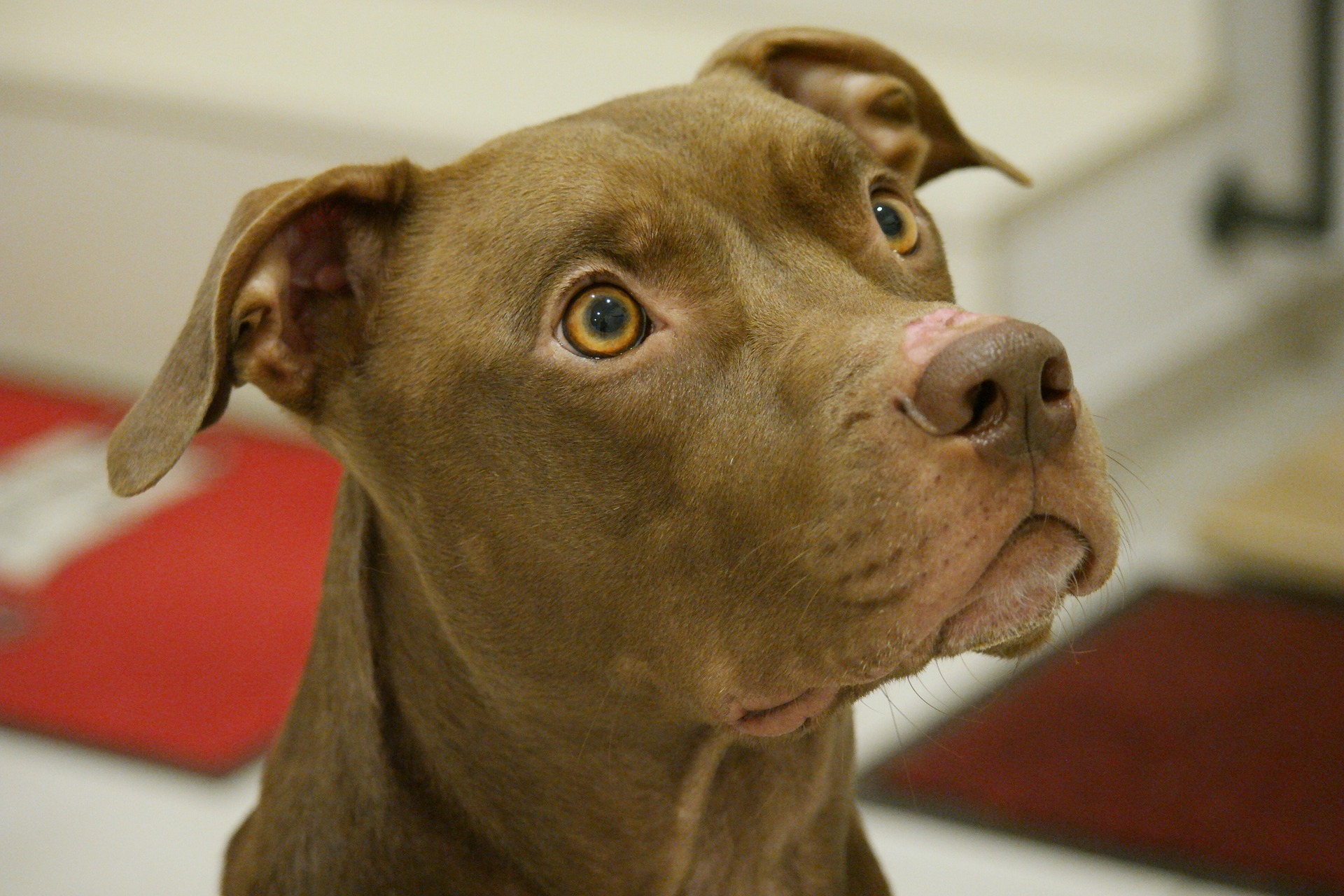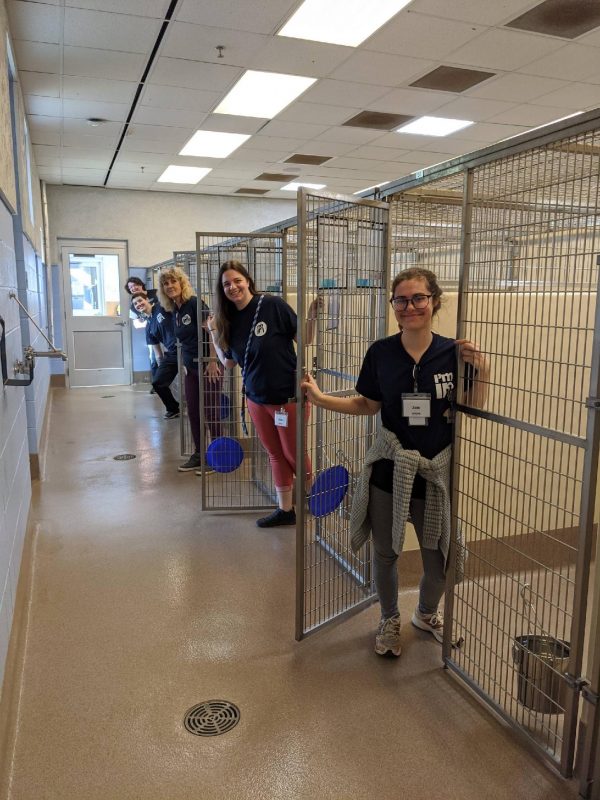As Hundreds Of Animals Find Foster Homes, What Happens When People Go Back To Work?

According to LifeLine Animal Project officials, the organization’s Fulton and DeKalb locations were nearly cleared out for the first time since it began operating.
Pixabay
Metro Atlanta animal shelters like LifeLine Animal Project have sent out an SOS to homes willing to foster or adopt during the coronavirus pandemic.
LifeLine posted photos on its Instagram page celebrating “April Feels” on April 1. According to shelter officials, its Fulton and DeKalb locations were nearly cleared out for the first time since LifeLine began operating.
The photos showed smiling shelter staff opening dozens of empty cage doors.

LifeLine’s Karen Hirsch told WABE that the shelter had more than 1,000 animals leave the shelter since mid-March, either through adoption or fostering.
“We take in about 30 a day at both shelters. Just in the past week, we had over 100 come in,” Hirsch said.
Still, she said animals in-need of “fur-ever” homes are constantly coming in. And while hundreds of furry friends are helping Georgians cope with the trauma of the coronavirus pandemic, the shelter is working on a post-pandemic plan.
“Morning Edition” host Lisa Rayam asked Hirsch what will happen after people are forced to go back to work.
“We have a series of emails going out to all foster homes, asking them to take some different steps each week to help promote the animal and get them adopted,” Hirsch said.
“In the past, our rate of return, when we do these kind of foster promotions, is only about 20%.”
Meanwhile, a tiger at New York’s Bronx Zoo has become the first big cat to test positive for the coronavirus.
In a news release, the zoo’s Wildlife Conservation Society said that the 4-year-old female Malayan tiger developed a dry cough. Samples of five other tigers and lions at the zoo were taken after they also showed symptoms.
Public health officials do not have further evidence that companion animals, like dogs and cats, can spread COVID-19 to people or that they may be a source of infection in the United States, according to the Centers for Disease Control and Prevention.
The CDC said it is aware of a small number of pets outside of the U.S. that are infected, but only after coming into close contact with people who tested positive.
“Of course we’re always thinking about how to best protect animals and the public,” Hirsch said.
“None of our animals have gotten ill from any kind of virus.”








